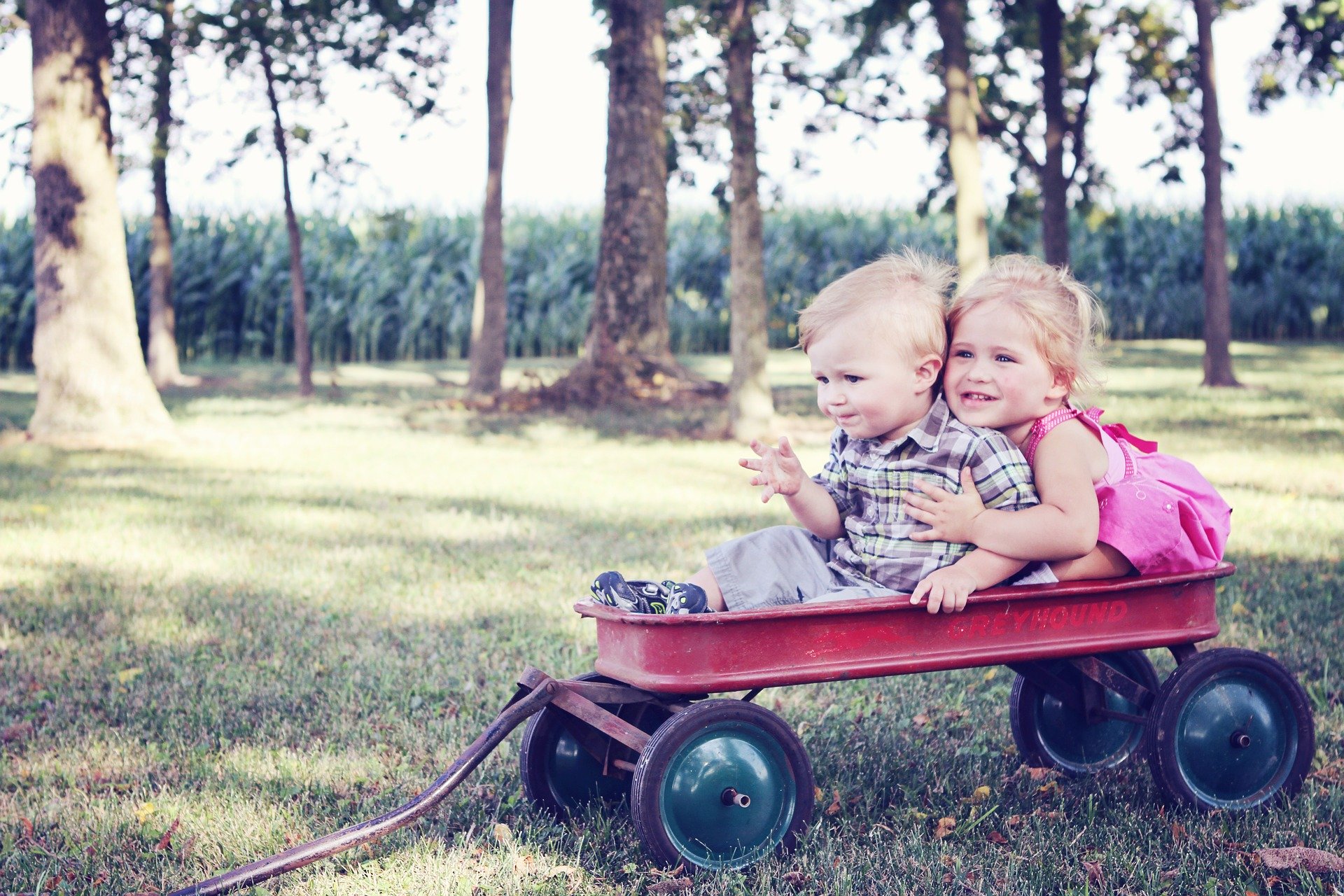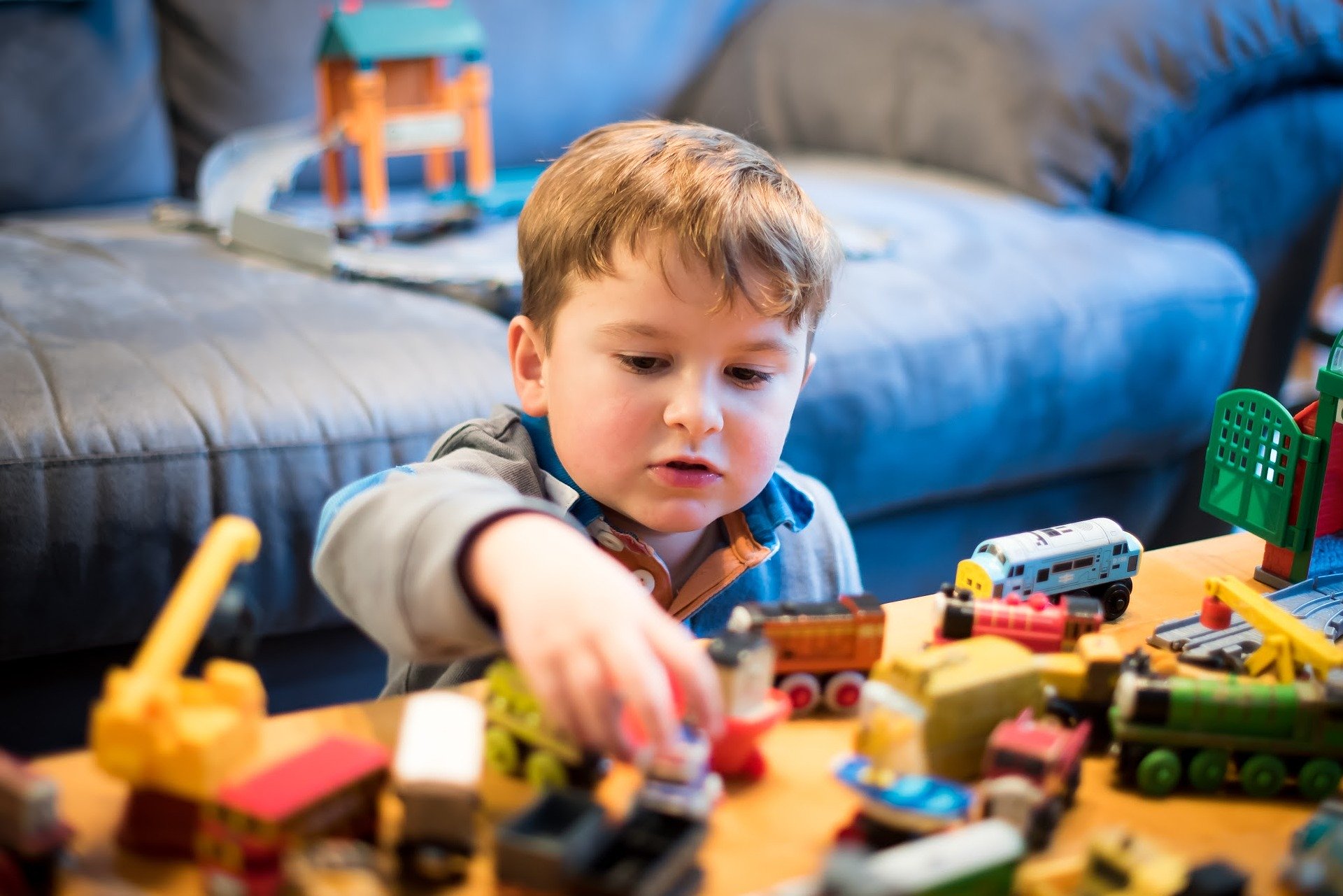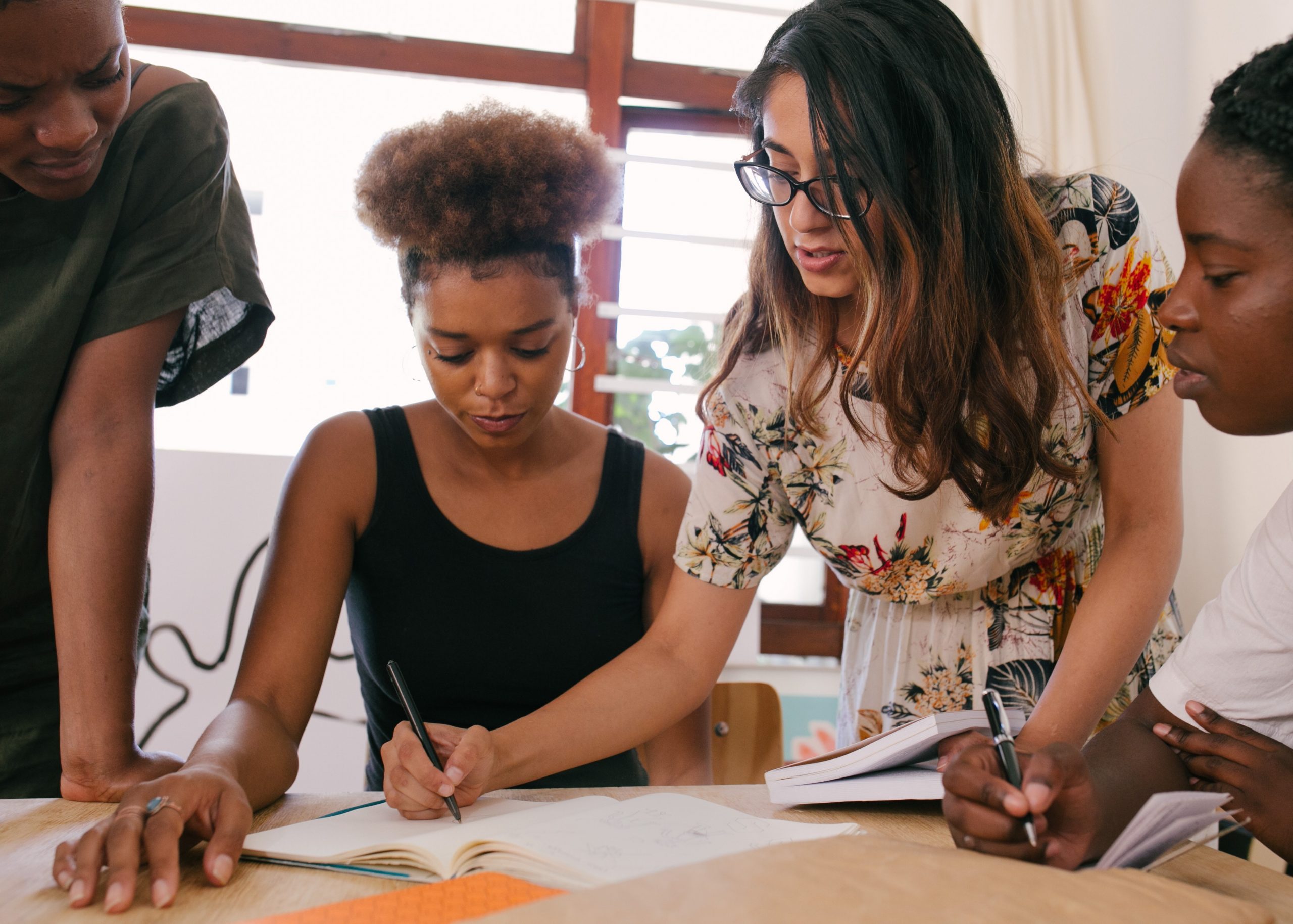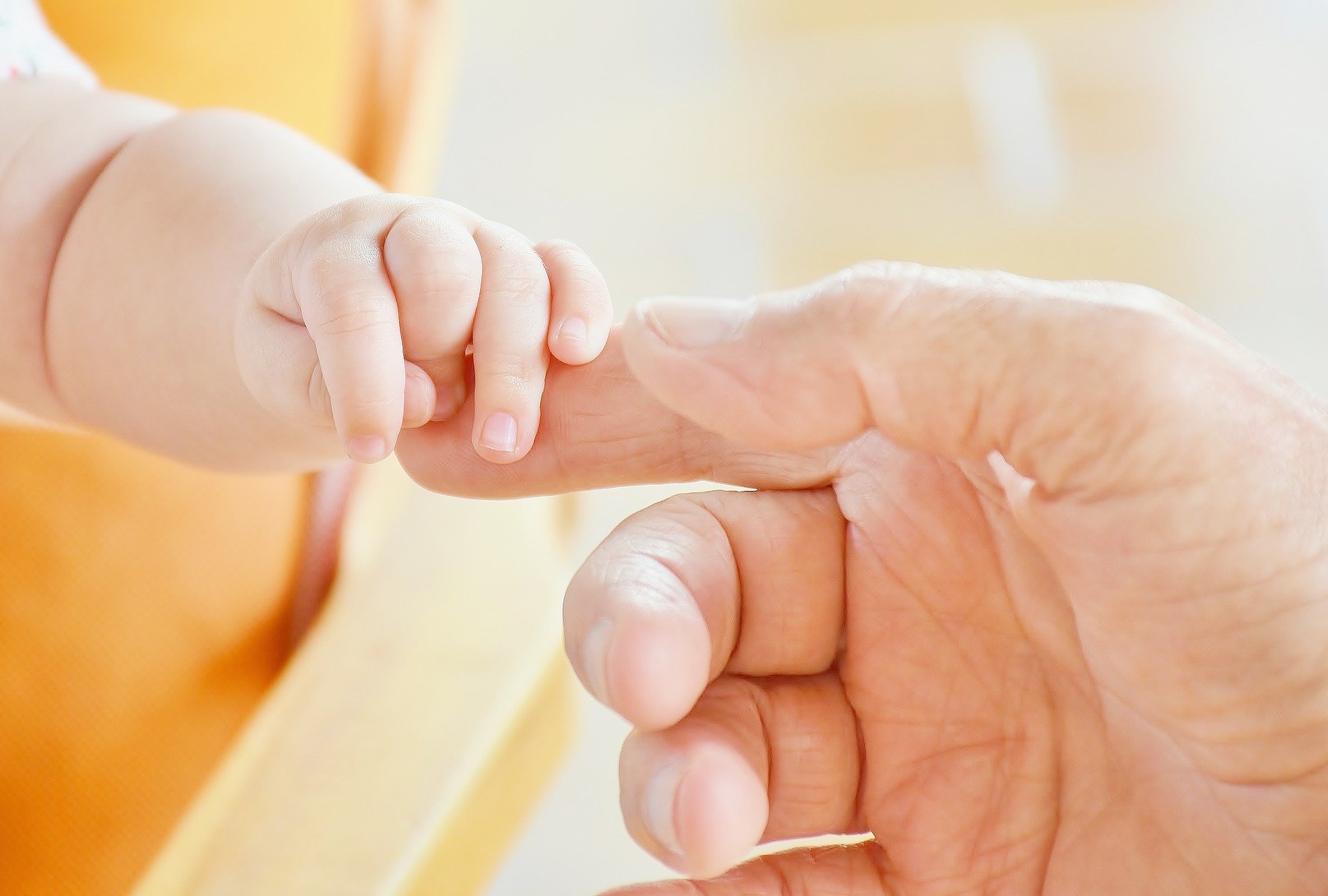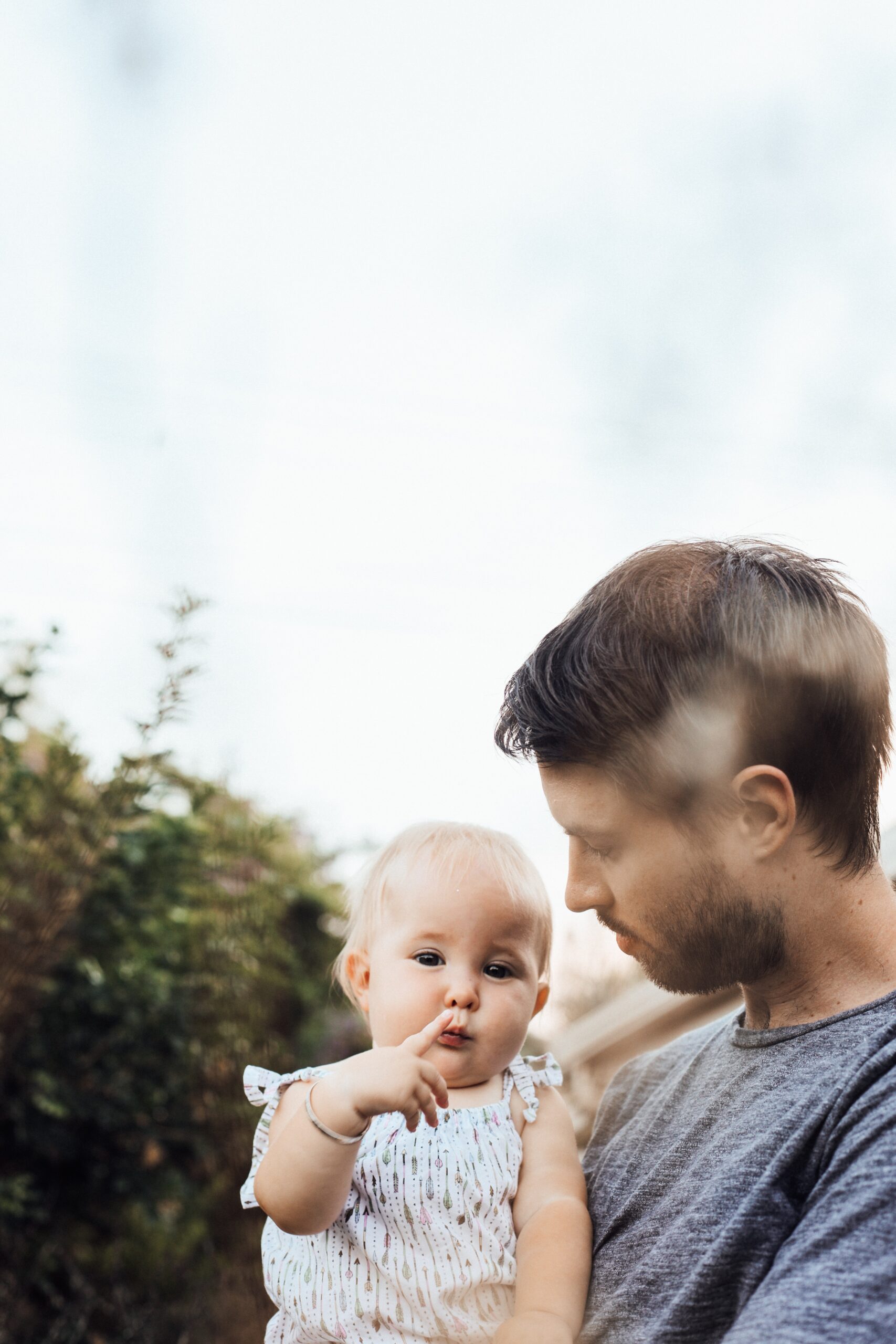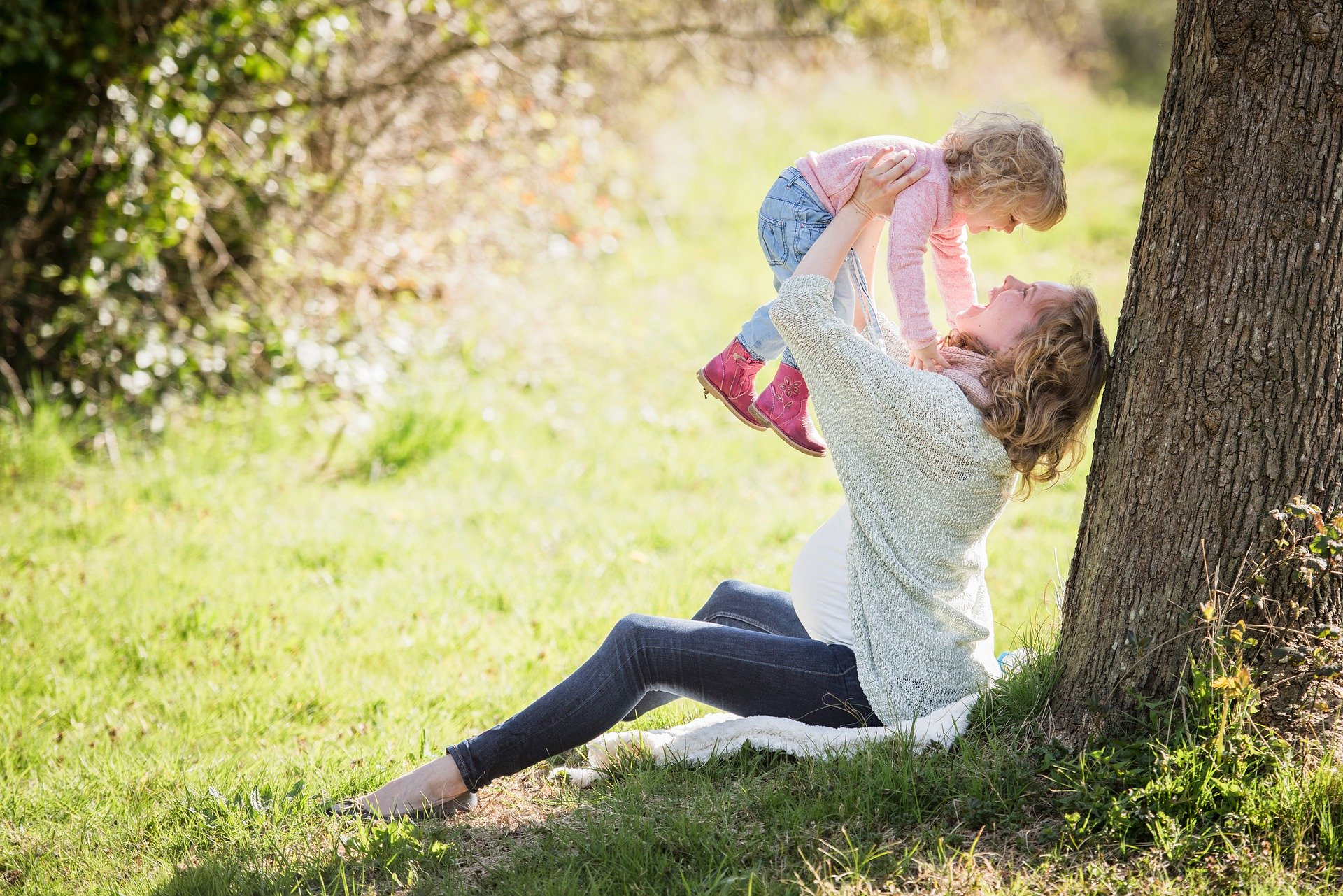Care and Education (Page 7)
-
Birthday cakes, rockets and washing machines: How Fuzzy logic can empower young people
Imagine you gathered a group of people together and gave them the ingredients and instructions to bake a cake. If they followed the instructions eventually, they should all be able to bake a cake…
-
“We talk issues and have ‘bants'” : What do children and young people think about their social worker?
Our recent paper (Stabler, Wilkins and Carro, 2019) uses a novel method (Q-method) to explore what children and young people ‘in need’, ‘in care’ and ‘leaving care’ think about their social workers and personal advisors – and what the worker does when they spend time together….
-
How can it be that ‘being a student with care experience is very daunting’ and ‘…..supportive, inclusive, diverse and fun… a joy actually’?
Why is there such a dichotomy in these two direct accounts from students with care experience?
-
Do educational outcomes for people with care experience get better over time?
Our recent paper examines the educational pathways of 18 care-experienced adults in Ireland…
-
#MessagestoSocialWorkers – A film created by care-experienced young people
We worked with a group of young people in care to create a film highlighting key messages that young people want to share with social workers…
-
Lights, Camera, Action: Translating Research Findings into Policy and Practice Impacts with Music, Film and Artwork
This chapter, written with Louisa Roberts, Eleanor Staples and Ministry of Life, thinks about how to get the messages from research out to wide and diverse audiences….
-
Factors that promote positive supervised birth family contact for children in care
This chapter, written with Dr Paul Rees, draws upon a study which considered the experiences and views of 165 key individuals involved in or experiencing supervised birth family contact at an identified contact centre within Wales.
-
‘A Family of my Own’: When young people in and leaving state care become parents in Wales
This chapter considers early parenthood for young people in and leaving state care in Wales. Drawing on data from a five-year pan-Wales study, funded by Health and Care Research Wales…
-
Positionality and Reflexivity: Conducting Qualitative Interviews with Parents who Adopt Children from Foster Care
Who we are matters. In research, when the interviewer meets their participants, both parties make judgements about each other which impact on what happens and what is said in the interview.
-
Using Participatory Methods with Young People in an Education Setting
This chapter focuses on participatory, qualitative and collaborative approaches to research.

